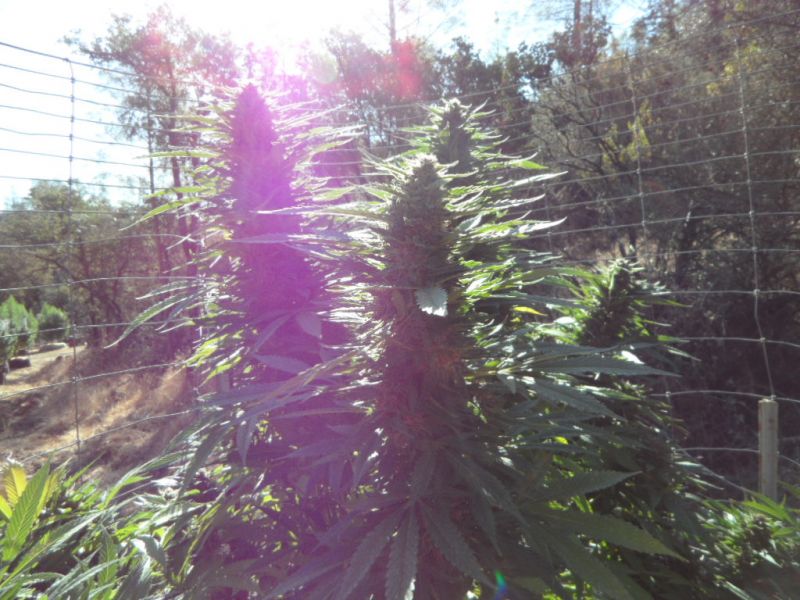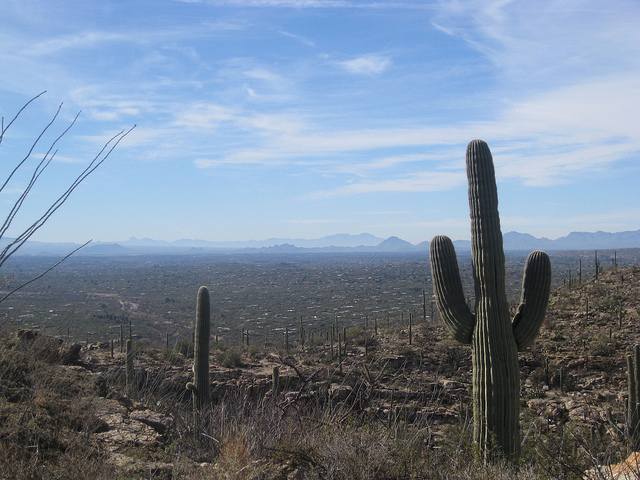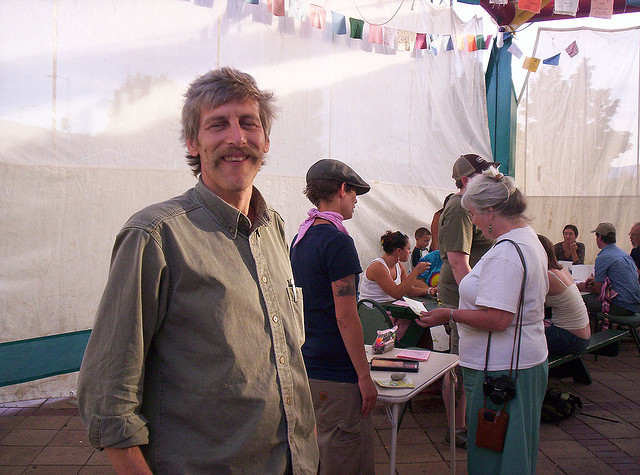After last year's victories for cannabis legalization measures in Colorado and Washington state, the US prohibition regime is under unprecedented pressure. But there is little awareness in Gringolandia of the strides in breaking with the US-led "war on drugs" in South America. Over the past decade, Argentina and Colombia have removed penalties for personal quantities of drugs, and Uruguay just passed a measure that essentially legalizes cannabis, with even cultivation permitted under state regulation. Venezuela, Bolivia and Ecuador have all barred the DEA from their territory.
That leaves Peru—now overtaking Colombia as the Andes' top coca producer, and also a burgeoning cannabis producer. Like Colombia, Peru remains a stronghold of the DEA in South America—even as it has moved towards decrim of personal quantities. Both countries have experienced long and bloody counterinsurgency wars related to the struggle for control over coca production. Much to Washington's displeasure, Peru even suspended eradication two years ago—before the empire struck back. But now activists are mounting pressure to break with the prohibition model—both in the remote campesino communities of the mountains and jungles, and in the streets of Lima.

 Over the past generation, an informal alliance of activists, cultivators, entrepreneurs and medical professionals has struggled to redefine how the United States views the cannabis plant. Victories at state and municipal levels have created a new field of medicinal treatment for a wide variety of ailments in California and other mostly western states. Medical marijuana marks the starkest point in the divide between an industrial model of healthcare and a millennia-long tradition of herbal self-treatment—because nowhere else has the federal government been so intransigent.
Over the past generation, an informal alliance of activists, cultivators, entrepreneurs and medical professionals has struggled to redefine how the United States views the cannabis plant. Victories at state and municipal levels have created a new field of medicinal treatment for a wide variety of ailments in California and other mostly western states. Medical marijuana marks the starkest point in the divide between an industrial model of healthcare and a millennia-long tradition of herbal self-treatment—because nowhere else has the federal government been so intransigent. A market glut and paranoia about criminal cartels getting into the act coincide with the end of the CAMP program. Can Northern California's cannabis industry remake itself along ecological and community-rooted lines?
A market glut and paranoia about criminal cartels getting into the act coincide with the end of the CAMP program. Can Northern California's cannabis industry remake itself along ecological and community-rooted lines? The most enlightened cannabis connoisseurs—those who still have a link back to the values that defined the hippie culture—tend to be conscious consumers when it comes to food or computers or whatnot. They may buy organic tomatoes, boycott Taco Bell to support exploited farm workers in Florida, and petition Apple about the brutal conditions in their Chinese assembly plants. But do they pay as much attention to the source of their preferred smoking herb?
The most enlightened cannabis connoisseurs—those who still have a link back to the values that defined the hippie culture—tend to be conscious consumers when it comes to food or computers or whatnot. They may buy organic tomatoes, boycott Taco Bell to support exploited farm workers in Florida, and petition Apple about the brutal conditions in their Chinese assembly plants. But do they pay as much attention to the source of their preferred smoking herb?  Well, the dust has hardly settled but the boots are at the door; they might come storming through, riling up that dust some more.
Well, the dust has hardly settled but the boots are at the door; they might come storming through, riling up that dust some more. Ron Paul's popularity, given his history of racism, is troubling. More troubling, however, is the willingness of his supporters, an odd coalition of one-percenter corporatists and anti-war pothead libertarians, to ignore or excuse these views.
Ron Paul's popularity, given his history of racism, is troubling. More troubling, however, is the willingness of his supporters, an odd coalition of one-percenter corporatists and anti-war pothead libertarians, to ignore or excuse these views. Barely a week goes by without a scandal involving a New Mexico law enforcement officer making the headlines in the state. Angelo Vega, the former police chief of the border town of Columbus, pleads guilty to extortion and trafficking arms destined for
Barely a week goes by without a scandal involving a New Mexico law enforcement officer making the headlines in the state. Angelo Vega, the former police chief of the border town of Columbus, pleads guilty to extortion and trafficking arms destined for  Jim Squatter was already a longtime veteran of the squatting, anti-nuclear and anarchist movements before a devastating accident turned him into a medical marijuana user—and a fighter for the right to medicinal cannabis.
Jim Squatter was already a longtime veteran of the squatting, anti-nuclear and anarchist movements before a devastating accident turned him into a medical marijuana user—and a fighter for the right to medicinal cannabis.





Recent comments
2 weeks 6 days ago
2 weeks 6 days ago
6 weeks 5 hours ago
6 weeks 6 days ago
10 weeks 6 days ago
14 weeks 5 days ago
18 weeks 5 days ago
19 weeks 3 days ago
29 weeks 3 days ago
33 weeks 4 days ago